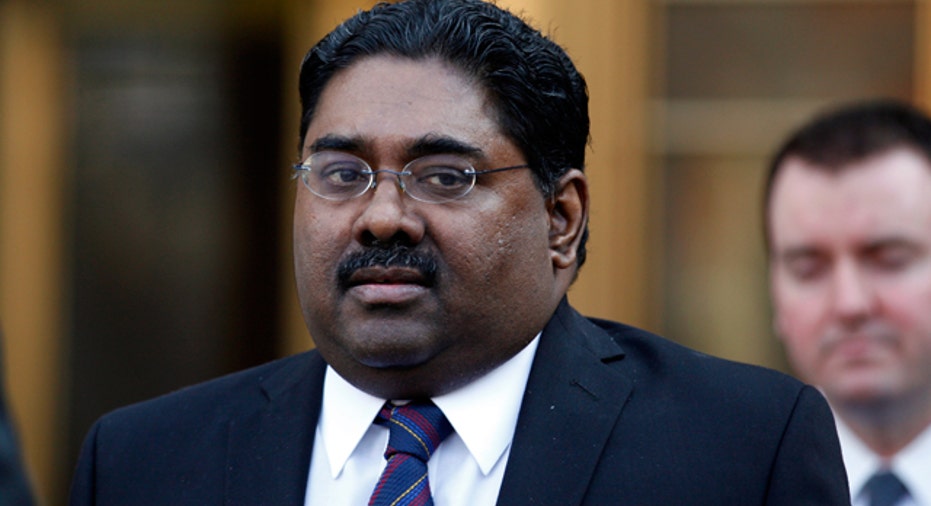Rajaratnam's Fate Soon to Be Decided

Jury deliberations started Monday in the closely-watched insider trading trial of ex-Galleon hedge fund founder Raj Rajaratnam.
The stakes are high for both sides.
The trial is a critical test of the government’s ability to prosecute the $1.9 trillion hedge fund industry. If Rajaratnam is acquitted, it will become much harder for the Justice Department as well as the Securities and Exchange Commission to go after insider trading cases as well as other abuses of confidential corporate information.
Rajaratnam is charged with 14 counts of conspiracy and securities fraud. The government claims he made $63.8 million illicitly between 2003 and March 2009. He was arrested at his Manhattan apartment and charged in October 2009. He maintains he did nothing wrong.
If the Sri Lankan-born billionaire is found guilty he faces up to 25 years in prison and becomes the poster boy in the government’s promise to crack down on Wall Street greed. It is unclear whether a plea bargain – which might have shaved off some prison time - was ever discussed. Typically people convicted of insider trading serve lighter sentences than those recommended by federal sentencing guidelines. However, most of those defendants plead guilty.
To win a conviction, the prosecution must convince the 12-member jury that Rajaratnam received company secrets from someone who had a fiduciary duty not to disclose them and that he knew it was wrong.
Prosecutors spent five weeks on their case. They inundated the jury with piles of evidence against Rajaratnam. They called18 witnesses and introduced more than 700 exhibits including 45 taped phone conversations.
But some legal experts say saturating jurors with complex facts, figures and charts is overkill and could potentially backfire.
The jury’s patience with the nearly two-month trial has shown some signs of fatigue. On Thursday, two jurors groaned when the prosecution continued its rebuttal past 5 p.m. Another rolled her eyes and put on her coat.
The trial’s first real snooze moment came midday March 16, when Juror No. 18, an alternate, fell asleep. The 35-year-old unemployed Manhattan resident woke up after reporters near him started laughing.
The defense isn’t doing much better at keeping the jury’s attention. During closing arguments, Rajaratnam’s chief lawyer John Dowd awkwardly told the group, “If it’s public, you must acquit,” – a throwback to defense lawyer Johnnie Cochran’s famous line during his closing argument in the O.J. Simpson trial.
Unlike prosecutor Reed Brodsky, who shouted, gestured and paced during his summation, Dowd mostly stood behind the lectern and read notes from a binder.
In a series of calculated risks, Dowd hinted at putting his client on the stand but never did. Instead, his strategy during closing arguments was to strip the credibility of prosecution witnesses. He repeatedly call tipsters who testified against Rajaratnam liars who got a “free ride” from the government for their testimony.
He saved his harshest words for former McKinsey & Co. consultant Anil Kumar and former Galleon Group portfolio manager Adam Smith.
“You know you can’t trust Anil Kumar,” Dowd told the jury. He went on to call Kumar a “tax cheat,” referring to the fact that he didn’t pay taxes on $2 million that prosecution said was paid to him by Rajaratnam for tips. Kumar, who has been cooperating with prosecutors, has pleaded guilty to conspiracy and securities-fraud charges.
Of the 26 people charged in the Galleon investigation, 20 have pleaded guilty.



















